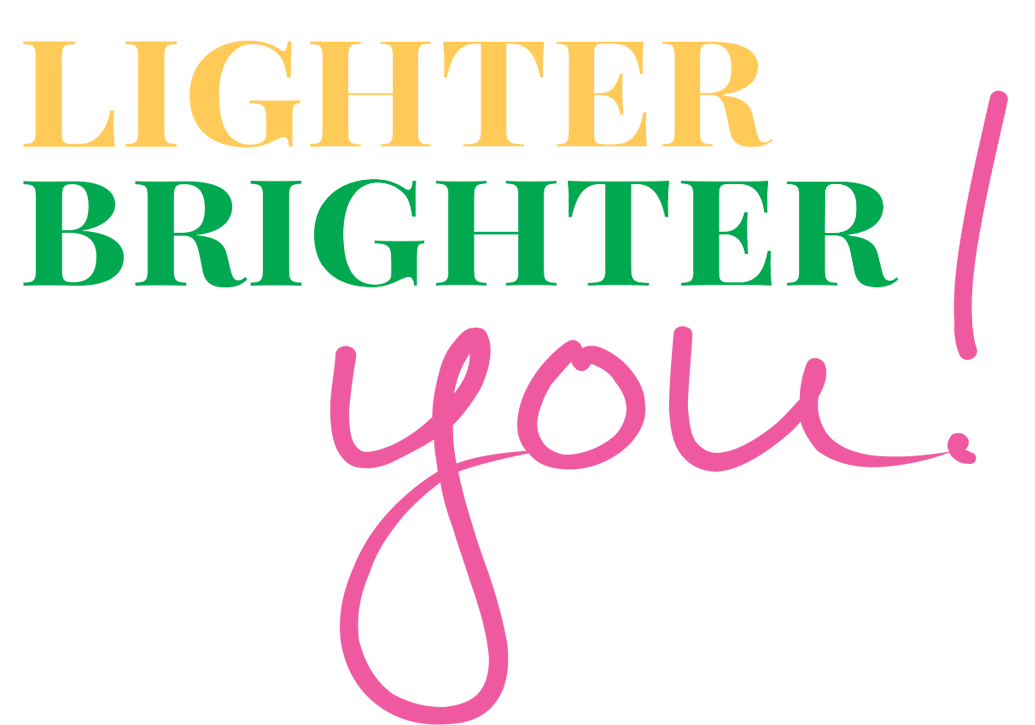New year, new habits, new insights
Most people set some specific goals for themselves at the start of a new year.
We seemed to be filled with an optimistic zeal that the year ahead will be different to past years and that we will finally be able to sustain the good habits we plan to put into action.
The truth is that a New Year, any New Year, will hold similar challenges to what the last year held, and new ones that we couldn’t have anticipated in our wildest dreams, or nightmares.
Furthermore, our inherent personality and temperament isn’t transformed simply because a New Year beckons.
Even though this may sound pretty pragmatic, and a little cynical, understanding these two concepts can help you manage the New Year more effectively. And get to the end of it having maintained some of the new habits you’ve been wanting to incorporate into your life.
What neuroscience tells us about creating new habits
The ‘fact’ that it takes 21 days to establish a new habit is not true.
Although the brain is extremely capable of learning new things, it doesn’t easily ‘unlearn’ old habits.
So, apart from creating a new a habit, it needs to become as entrenched as the old one was – and that doesn’t happen over a 21 day period. '
In fact, it can take years to make it as hardy as the old habit.
You see, ‘neurons that fire together, wire together’ and the new habit therefore has to form an entirely new neural pathway and ensure it’s well established by firing the associated neurons over and over again, before the new habit has a chance of competing with the old one.
‘Decision fatigue’ is another reason that it's challenging to establish new habits with ease.
As the day progress, each decision we make uses up nutrients, so by the time we get to the end of the day our brain is not as well-nourished as it was at the start and the brain does one of two things: your brain will either shy away from making any decisions or it will become rash and make any old decision, usually one that its made many times before, like an old habit.
Most people can easily envision both scenarios as we’ve all had thoughts that sound like this at the end of a long day: ‘I really can’t make a decision about this – I can’t think straight’ or ‘Who cares if I finish off those chocolate brownies before dinner – I’ll start my diet tomorrow again!’
It is unfair to expect your busy brain to stay capable, focused and implementing your new habit if it’s running low on supportive nutrients.
So, make the changes small, but meaningful
Feed your brain optimally so that it can support your new habits and help you to continue to make the right decisions even when it’s been a long day and you’d rather slip into comfortable old habits.
New neural pathways need extra nutrients to be able to support your goals and sustain your new choices.
Only eat when you are sitting down – with life being as busy as it is, we often think of eating as something to get over with as soon as possible, so we can rush off to the next important task that’s calling us.
Take time to think about what you are eating, and eat it with care, taking time to chew it thoroughly.
Have regular snacks throughout the day to sustain your energy, and keep your brain nourished. Well-nourished brains make better decisions than ones that are running on empty.
Stick ‘breathe deeply’ sticky notes in places where you usually become overwhelmed or lose your patience – when you make a new habit to replace a bad one, you are helping your brain to make a new neural pathway to replace the old one.
Taking a deep breath will help to bring you back to the moment, which will help you to think carefully about what your preferred response is, not the knee jerk one you may have become all too accustomed to.
Make a list of what you’d like to accomplish in your day, and at the end of the day look at your list and focus on what you have accomplished, not what you haven’t.
People often feel overwhelmed by what they have started and not completed, so try to complete at least one task well, before moving onto the next one.
Take time at dinner to talk about the positive, good things that have taken place during the day.
Talk about what you are grateful for. If that means switching the TV news off, do so.
You can only change your world by focusing on the changes that you can make, not the huge problems that humanity faces.
Slowly your circle of influence will increase if you focus on what you can do, not on what you can’t do.
New habits need to be nurtured to become old habits, and supporting yourself to ensure this is possible, will ensure the new year becomes one where you create many ‘old’ new habits!
References
Lally P, van Jaarsveld CHM, Potts HWW, Wardle J. How are habits formed: Modelling habit formation in the real world. Eur J Soc Psychol. [Article]. 2010;40(6):998-1009.
Danziger S, Levav J, Avnaim-Pesso L. Extraneous factors in judicial decisions. Proceedings of the National Academy of Sciences. 2011 April 26, 2011;108(17):6889-92.
Gailliot MT, Baumeister RF. The physiology of willpower: linking blood glucose to self-control. Pers Soc Psychol Rev. 2007 Nov;11(4):303-27.


